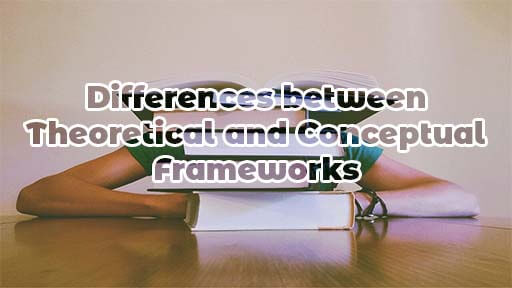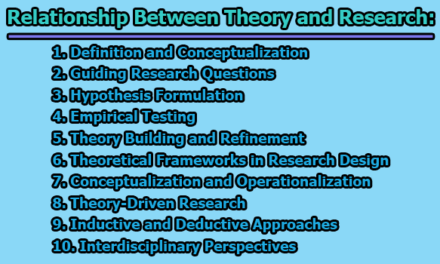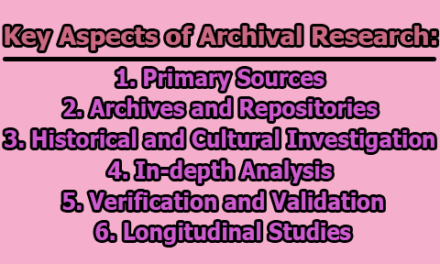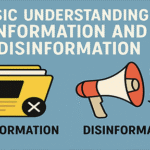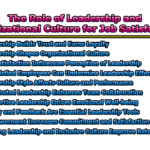Differences between Theoretical and Conceptual Frameworks:
Theoretical and conceptual frameworks are essential elements of research design that help to guide and structure the research process. Both frameworks provide a lens through which researchers can understand and interpret their findings. While the two terms are often used interchangeably, they refer to distinct but related aspects of the research process. Here some of the key differences between theoretical and conceptual frameworks are given below:
|
Theoretical Framework |
Conceptual Framework |
| 1. Based on existing theories and research. | 1. Derived from the research question or problem. |
| 2. Explains or predicts phenomena in a particular field. | 2. Defines the key concepts and variables of the study |
| 3. Provides a foundation for understanding the research problem | 3. Guides the development of research questions and hypotheses. |
| 4. Forms a lens through which the researcher can interpret their findings. | 4. Establishes the boundaries and scope of the study. |
| 5. Can be tested empirically through research. | 5. May not be testable or measurable. |
| 6. Generally developed before data collection. | 6. Can be developed during or after data collection. |
| 7. Can be used to compare and contrast different theories. | 7. Helps to organize and structure the research process. |
| 8. Often includes multiple interrelated concepts and propositions. | 8. Can include diagrams or visual representations. |
| 9. May be more complex and require a higher level of expertise to develop. | 9. May be developed by novice researchers. |
| 10. Can be used to develop new theories or refine existing ones. | 10. Used to develop a common language and understanding among researchers in a particular field. |
To summarize, in guiding and structuring research, they serve slightly different purposes. Theoretical frameworks provide a theoretical basis for the study and explain or predict phenomena in a particular field, whereas conceptual frameworks focus more narrowly on specific concepts or variables and provide a structure for organizing ideas and concepts. Theoretical frameworks are often based on existing theories and research, whereas conceptual frameworks may be developed specifically for a particular research project. Additionally, theoretical frameworks are often broader in scope and include multiple interrelated concepts or variables, while conceptual frameworks may be more focused and include a smaller number of core concepts.
References:
- Creswell, J. W. (2014). Research design: qualitative, quantitative, and mixed methods approaches. Sage publications.
- Easterby-Smith, M., Thorpe, R., Jackson, P. R., & Lowe, A. (2015). Management research. Sage publications.
- Flick, U. (2018). An introduction to qualitative research. Sage publications.
- Neuman, W. L. (2013). Social research methods: qualitative and quantitative approaches. Pearson Education.
- Yin, R. K. (2018). Case study research and applications: Design and methods. Sage publications.

Assistant Teacher at Zinzira Pir Mohammad Pilot School and College

